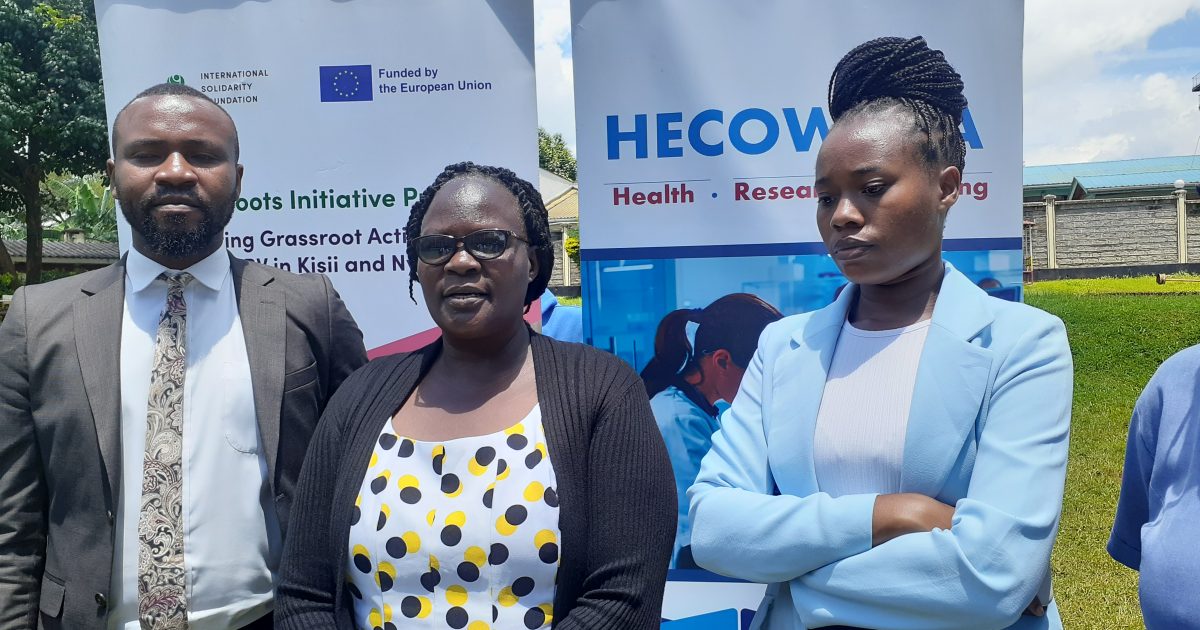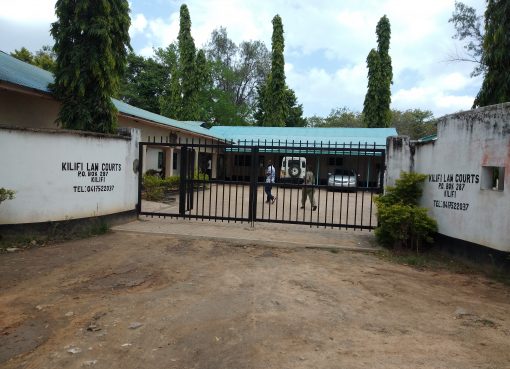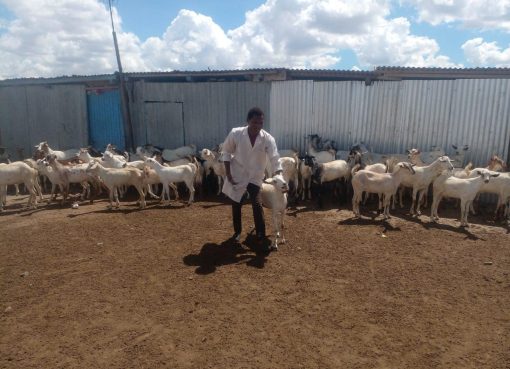Cases of femicide have continued to be a growing concern in Kenya with reported murders targeting young women in different parts of the country.
According to the National Demographic Health Survey (2022), 34 percent of women experienced physical violence which translates to one out of every three women in Kenya being at risk of femicide.
Further, according to statistics from Femicide Count Kenya, an organisation that documents stories of women and girls whose lives have been ended through violence, Kenya recorded 150 known femicides in 2023.
These multiple cases of femicide have also included female university students on various campuses whose lives have been cut short by people well known to them.
For instance, in January 2024, 20-year-old Rita Waeni from Jomo Kenyatta University of Agriculture and Technology was brutally killed at an Airbnb apartment in Nairobi, Kenya.
During the same month, Harriet Nyaboga who was a first-year student at Machakos University died after her boyfriend allegedly stabbed her to death following a heated argument.
In November 2023, 22-year-old Lucy Boke from Kisii National Polytechnic was murdered by her ex-boyfriend who trailed her to her home near the school’s premises.
Similarly, Faith Owino was reported to have been fatally stabbed by unknown people at Pwani University in October 2023.
Following this trend of multiple murders among young women especially female university students, Healthy Communities for Wealthy Nations (HECOWENA), a community-based organisation in Kisii County, has partnered with International Solidarity Foundation (ISF) to sensitise students on sexual gender-based violence (SGBV) in institutions of higher learning.
Speaking during a sensitization forum at the Kenya Medical Training College (KMTC) Kisii Branch, HECOWENA Executive Director Alex Ontiri decried the rampant cases of sexual gender-based violence being reported among young people in universities and colleges.
According to Ontiri, most of the students are not knowledgeable on matters of GBV and this has slowed down the efforts being made to curb the rising cases of violence among them.
“The rising number of femicides and killings among this cohort is due to the fact that they are not aware of how to identify perpetrators of GBV and how to prevent themselves from being survivors of the same,” he said.
The Executive Director called for more collaboration from partners to ensure they support and educate young people on how to prevent GBV in institutions of higher learning.
ISF’s Project Manager Gerishom Boiyo said that through their Grassroots Initiative programme, they are supporting partners to implement strategies and actions aimed at eradicating GBV in Kisii and Nyamira counties.
“Our partners are currently engaging students on issues of sexual gender-based violence, how they can prevent the vice and encouraging those affected to report, get psychosocial support and use other referral pathways for assistance,” noted Boiyo.
Kisii County Nurse Psychologist Margaret Mogaka encouraged the students to establish healthy relationships and conduct background checks on the people they are engaging with.
“Trends of femicide, murder and homicide have become high and students should know that they have the ability to make decisions and the freedom to make choices,” Mogaka said.
She urged the students to be cautious when attending social gatherings and parties adding that they should inform friends and relatives where they are going and confirm their safety.
Ms Mogaka called upon the students to negotiate for safe sex practices to avoid cases of unwanted or unintended pregnancies, infections and other diseases.
According to the nurse psychologist, the government was spending a lot of resources annually to address issues of SGBV in health facilities, and the funds could be channelled to other healthy causes.
“We all need to take responsibility and build trust with the people we have established intimate relationships with and in case the relationship does not work, walk out and ensure you are safe,” Mogaka said.
By Mercy Osongo





